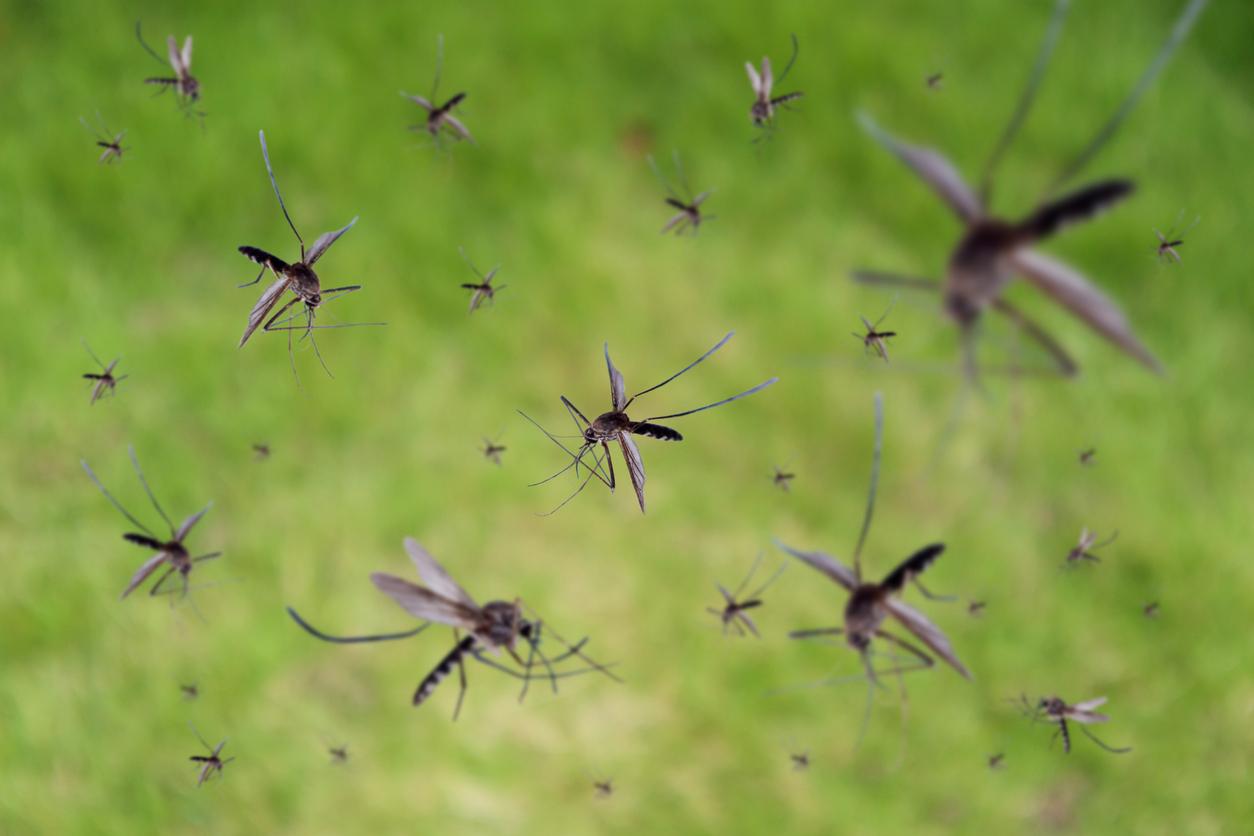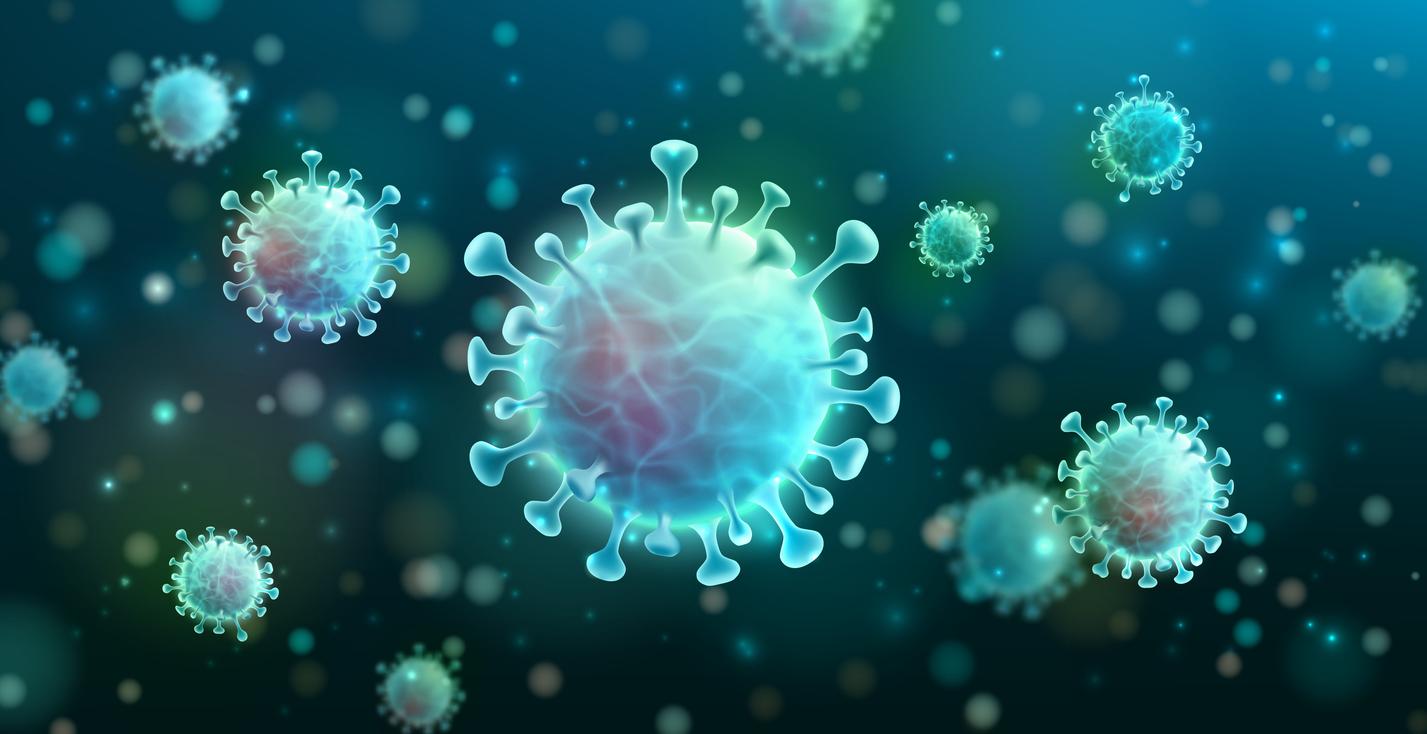This discovery could potentially limit the spread of dengue fever, Zika virus and West Nile virus.
-1574260827.jpg)
Viruses carried by mosquitoes are a scourge that many countries are unable to get rid of. Nine in number (dengue fever, yellow fever, Zika virus, malaria, chikunguyna, West Nile virus, Rift Valley fever, Japanese encephalitis and St. Louis encephalitis), these diseases cause thousands of deaths every year. In a recent estimate made by the World Health Organization (WHO)dengue fever alone would affect 390 million people a year, while malaria would have caused 435,000 deaths in 2017.
A study by researchers at Washington State University (USA) found that mammalian insulin activates an antiviral immunity pathway in mosquitoes, thereby increasing the insects’ ability to suppress viruses . This would check for the spread of West Nile, Zika and Dengue viruses. The study was published on November 12 in the journal Cell Reports.
Receiver identification
Humans usually contract flaviviruses (the family of viruses that infect mammals) through mosquito bites. Each of them is associated with a serious illness that can lead to death. For example, the Zika virus has been linked to birth defects in infants whose mothers are infected. What makes some of these viruses dangerous is that they cannot be treated quickly. Therefore, this study, with its potential to control the spread of infection at the mosquito level, takes on great significance, says Laura Ahlers, the study’s lead author and post-doctoral fellow at the National Institutes of Health in Bethseda. , in Maryland (United States).
Laura Ahler and the research team worked with fruit flies, which have an immune response similar to mosquitoes. When the insulin-like receptor they identified was activated, it inhibited West Nile virus replication in flies. The researchers observed the same reaction in mosquitoes when they were given blood with high insulin levels. The researchers found that activating this receptor could also suppress dengue and Zika virus in insect cells.
Promising results
Although insulin stimulates the immune response in mosquitoes, its link to the immune response pathway, JAK/STAT, was first discovered. According to Alan Goodman, assistant professor at Washington State University and corresponding author of the paper, this is an important development in the search for an intervention. “If we can activate this arm of immunity through the insulin receptor in the mosquito, we can reduce the overall viral load in the mosquito population. If mosquitoes carry less virus when they bite you, they will transmit less virus, and there is a better chance that you will not contract the disease.”
However, an article published in 2012 in the journal Infection and Immunity claims that human insulin suppresses the immune system of mosquitoes. According to Nazzy Pakpour of the University of California at Davis, a significant amount could prevent infection.
.
















